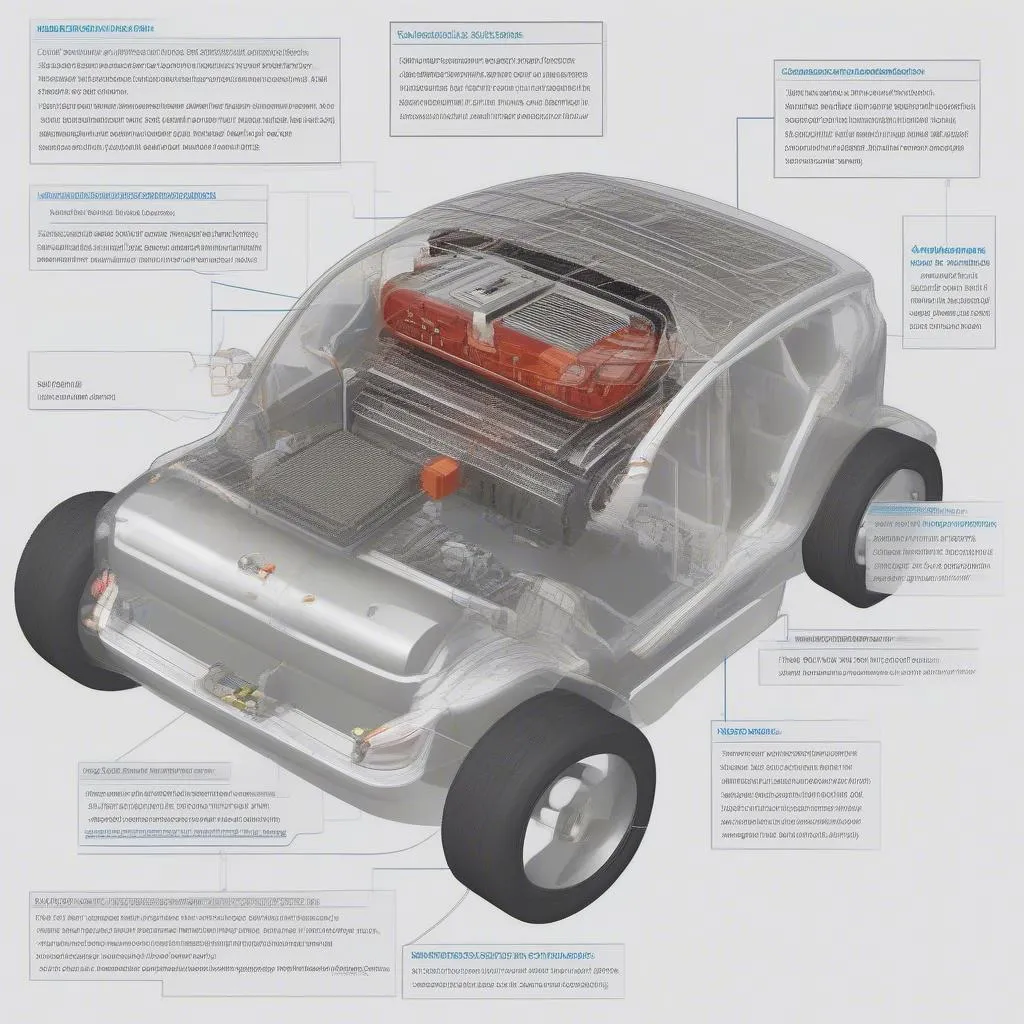Let’s be honest, we’ve all been caught in traffic jams, gasping for air in smoggy cities, and feeling guilty about our carbon footprint. But what if there was a way to drive without contributing to pollution? Enter FCV cars – the future of sustainable transportation!
What are FCV Cars?
FCV stands for Fuel Cell Vehicle. Unlike traditional gasoline-powered cars, FCV cars use hydrogen fuel cells to generate electricity, powering the vehicle’s electric motor. In short, you’re essentially driving on water!
Think of it as a mini-power plant in your car. Hydrogen is fed into the fuel cell, where it reacts with oxygen and creates electricity. The byproduct of this process is simply water, which is released from the car. This makes FCV cars incredibly clean, emitting only water vapor and a bit of heat.
The Benefits of FCV Cars:
Environmental Impact:
FCV cars are a game-changer for the environment. They produce zero tailpipe emissions, significantly reducing air pollution and greenhouse gas emissions. According to a study by the US Department of Energy, FCV cars have the potential to reduce greenhouse gas emissions by 40% compared to traditional gasoline vehicles.
Performance:
Don’t let the “green” label fool you! FCV cars offer powerful performance. They have quick acceleration and smooth driving experience, thanks to the instant torque provided by the electric motor.
Fuel Efficiency:
While hydrogen fueling stations are still limited, they offer high efficiency. In a study by the California Fuel Cell Partnership, FCV cars were found to achieve an average of 66 miles per kilogram of hydrogen, making them more fuel-efficient than gasoline-powered cars.
Silent Operation:
FCV cars are remarkably quiet. Unlike gasoline engines, which generate noise, FCV cars operate silently, providing a peaceful driving experience.
FCV Cars and the Future:
The automotive industry is investing heavily in FCV technology, with major car manufacturers like Toyota, Honda, Hyundai, and Daimler leading the charge. The future of FCV cars is bright, with increasing availability of hydrogen fueling stations and government incentives pushing their adoption.
However, there are still challenges to overcome. One key challenge is the limited infrastructure for hydrogen refueling. Expanding the availability of hydrogen fueling stations is crucial for FCV cars to become mainstream.
Frequently Asked Questions:
How do FCV cars work?
 Fuel Cell Vehicle System Diagram
Fuel Cell Vehicle System Diagram
The fuel cell acts like a miniature power plant, converting hydrogen into electricity. Hydrogen is stored in a tank and fed into the fuel cell, where it combines with oxygen to produce electricity. The only byproduct is water vapor, making FCV cars incredibly clean.
How do I fuel an FCV car?
FCV cars are fueled by hydrogen gas. You simply pull up to a hydrogen fueling station, insert the nozzle into the fuel tank, and press the lever. Hydrogen is pressurized and pumped into the tank within minutes.
Where can I find hydrogen fueling stations?
The availability of hydrogen fueling stations is increasing but still limited. You can use online resources such as the US Department of Energy’s “Alternative Fuels Data Center” to locate fueling stations near you.
How far can I drive on a full tank of hydrogen?
The range of an FCV car depends on the size of the hydrogen tank and the vehicle’s efficiency. The average range is around 300-400 miles.
Are FCV cars safe?
FCV cars are as safe as any other vehicle on the road. The hydrogen tanks are designed to withstand high pressures and impacts. Additionally, the fuel cell system is carefully designed to prevent leaks or accidents.
What are the benefits of FCV cars over electric cars?
Both electric cars and FCV cars offer advantages. Electric cars have a longer range and are more readily available. However, FCV cars have a faster refueling time, and they emit only water vapor.
How much do FCV cars cost?
FCV cars are currently more expensive than gasoline-powered cars. However, as production increases and government incentives become more available, the price of FCV cars is expected to decrease.
Conclusion:
FCV cars offer a glimpse into a cleaner, more sustainable future. While challenges remain, the potential of this technology is undeniable. With continued research and development, FCV cars have the potential to revolutionize the automotive industry and lead us towards a greener tomorrow.
Ready to take the leap into a cleaner future? Contact Diag XCar for support with your diagnostic tools. We have dedicated experts available 24/7 to assist you with all your FCV car needs. WhatsApp: +84767531508
Want to explore further? Check out our articles on:
- Electric Cars: The Future of Transportation
- Hybrid Cars: Combining Efficiency and Performance
- The Impact of Technology on the Automotive Industry
Let us know your thoughts on FCV cars! Share your experiences or ask any questions you have in the comments below.


